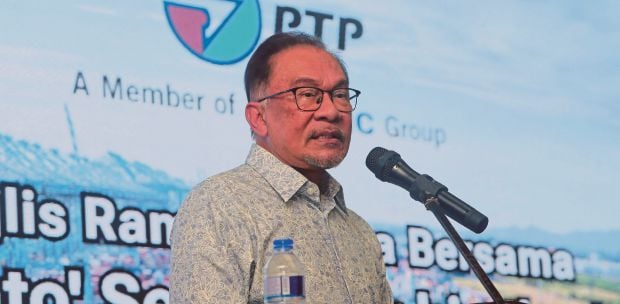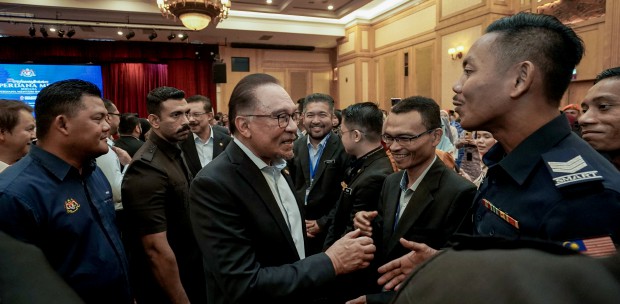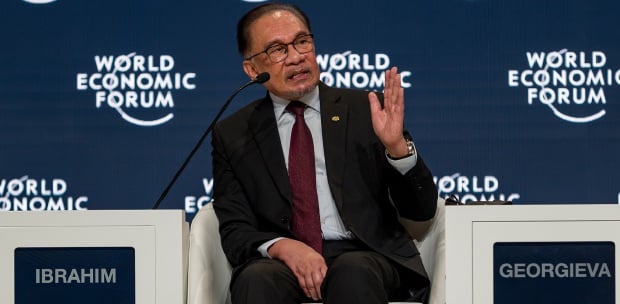WITH the rising cost of living and the high prices of energy commodities, Prime Minister Datuk Seri Anwar Ibrahim has made the reform of the subsidy scheme a priority.
Global energy prices are expected to remain high, with the Russian invasion of Ukraine showing no sign of ending and the increasing demand for natural gas as winter approaches.
While the revision to targeted energy subsidies, aimed at protecting vulnerable groups, is timely, there are four strategies that Anwar must address to ensure the reform can be carried through.
Firstly, the government must ensure that no one is left behind as a result of the reform.
Fuel and electricity subsidies benefit the rich more than the poor in absolute terms due to the former having a higher per capita energy consumption.
While protecting the Bottom 40 income (B40) group should be a focus in the move towards targeted subsidies, the government should also ensure that the Middle 40 income (M40) group does not become worse off from it.
This is because despite having a higher household income than the B40, many M40 households are vulnerable to rising energy prices.
Fuel and electricity expenses account for a sizeable portion of M40 households' budget and rising inflation will add a huge burden to their living cost.
So the targeted subsidies should ensure that B40 and vulnerable groups in M40 are taken care of.
Next, the reform should be carried out gradually.
The government should be transparent about the timeline and magnitude of each phase.
This is to ensure that people can acclimatise to a post-subsidy world through a gradual change in energy consumption behaviors that will lead to reduced energy wastage.
Moreover, knowing the reform upfront could help people navigate the transition, promote good governance, and strengthen their confidence in the plan.
Thirdly, the government needs to communicate the rationale of the reform to the public effectively.
The removal of subsidies will reduce social tension and boost long-term growth.
So society needs to be educated about the social and economic benefits of moving to targeted subsidies.
Finally, given that energy subsidy reform is a lengthy process, Anwar must ensure that it is supported across party lines.
Unanimous support for the reform will ensure that the policy is not politicised to divide the country and cause uncertainty.
Cross-party support for the cause will also ensure that the long journey of energy subsidy reform can be sustained across administrations.
The writer is an energy market consultant at a leading consulting firm in London and holds an MSc in Energy Systems from the University of Oxford





